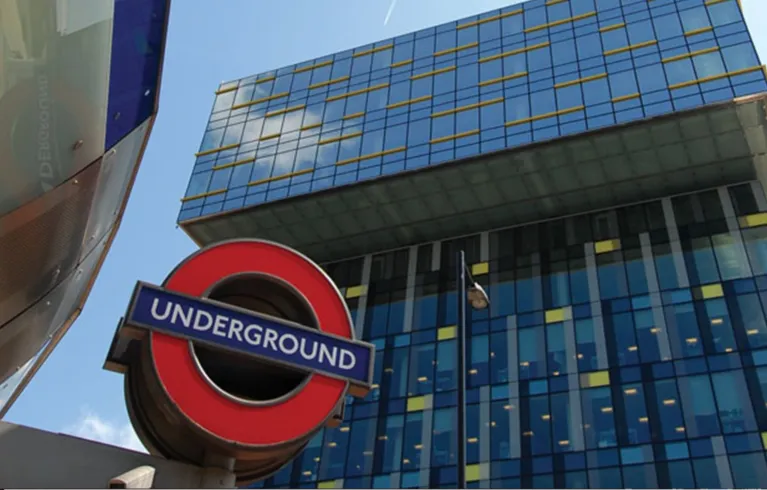
Key information
Publication type: General
Publication status: Adopted
Publication date:
The London Assembly has today called on the Mayor to be clear in his proposed 2025-26 Budget as to whether there will be an increase in Transport for London (TfL) fares next year.
In the Mayor’s 2024-25 budget, TfL fares were frozen, with the Mayor’s 2024 election manifesto stating that the fares freeze would continue "as long as economic conditions allow."
As part of the government’s Autumn Budget, a new funding settlement was announced with TfL. This settlement included £485 million of capital funding for 2025-26.
The settlement letter stated that the Government’s approach for the next phase of the Spending Review is that “HMG’s [His Majesty’s Government] assessment of TfL funding needs in Phase 2 of the Spending Review will be conducted against a baseline scenario where TfL rail fares rise in line with national rail fares this year.”2
Following an October Budget and Performance Committee meeting with a panel of external financial, housing and policing experts, the Committee has written to the Mayor with a number of recommendations ahead of the 2025-26 budget submissions.
Recommendations include:
- In light of the Government announcement the Committee urges you to be clear on your response to the fare rise expected by the Government in your 2025-26 Budget proposals.
- The Committee is concerned about the lack of investment in the maintenance of TfL’s existing network, and we urge TfL to prioritise its spending on capital renewals in order to address the backlog in asset maintenance.
- The Committee requests detailed information regarding the number of housing units budgeted to be delivered, along with a breakdown of their size and tenure type is included in the 2025-26 Budget.
- The Metropolitan Police should explore further options for improving retention rates, such as improved working practices and line management training.
Related documents
Pre-budget letter